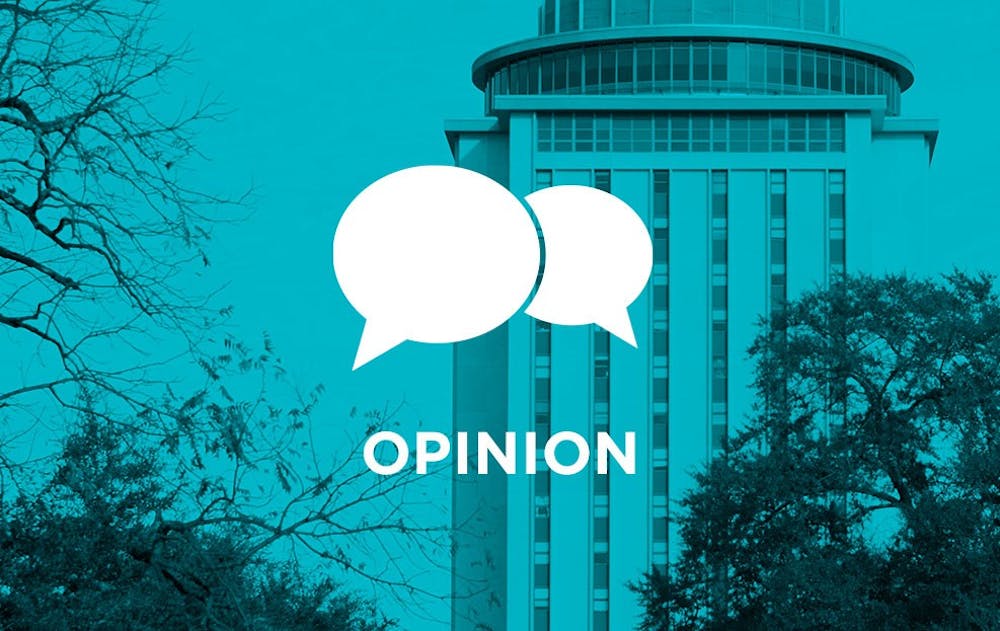The saying: “Give a man a fish and you feed him for a day; teach a man to fish and you feed him for a lifetime,” has encompassed how people have viewed success for years. But what if the man does not have the tools to cast a line? What if he does not have access to a body of water? And what if he is taxed every time he goes to use the lake? In order to preach about the path to success, we must first agree where we are starting.
People who are born into poverty are fed the idea that if they are committed to success, then one day they will be successful. However, the idea that hard work equals success is no longer true. Whether people are raised in poverty, are a part of a minority or have a disability, the struggles that people face on the road to the “American Dream” are detrimental to finding financial success.
The idea that “anyone, regardless of where they were born or what class they were born into, can attain their own version of success ... through sacrifice, risk-taking and hard work” is what many people still believe. However, the dream doesn’t account for the many obstacles people face in the modern day job market. Job discrimination and the lack of disability accessibility perpetuates poverty, and even if they have a job, there is no guarantee for prosperity.
To this day, millions of people are working full time, "but their wages are so low that a 40-hour week isn’t enough to lift them out of poverty.” Families that rely on less than $279 a week are left unable to pay for appropriate housing conditions, clothing for their children and proper education. Because of this, many impoverished parents are forced to get second or even third jobs in order to maintain a standard of living, but this is proving to be detrimental to both their physical and mental health.
Socioeconomic status, on top of income, "can encompass quality of life attributes as well as the opportunities and privileges afforded to people within society.” In addition, the concept of low socioeconomic standing and its correlating features — “lower educational achievement, poverty, and poor health” — relate to the physical, mental and social well-being of the working population.
Health problems from cardiovascular disease to hypertension plague people who work strenuously for long periods of time, and mental burnout contributes to unsafe working conditions. Burnout is described as “emotional, cognitive and physical exhaustion” that can have “serious physical and mental health related consequences.” The aftermath of serious health problems results in a terrible circle of working until you get sick, then having to work to make up for when you were ill, and that is unsafe overall.
From obstacles presented at birth to unsafe working conditions, the problems that inhabit low socioeconomic communities are detrimental to the cycle of poverty. Families should not be worried about what they would do if their child got sick, and people should not have to disregard their own well-being in order to just survive.

